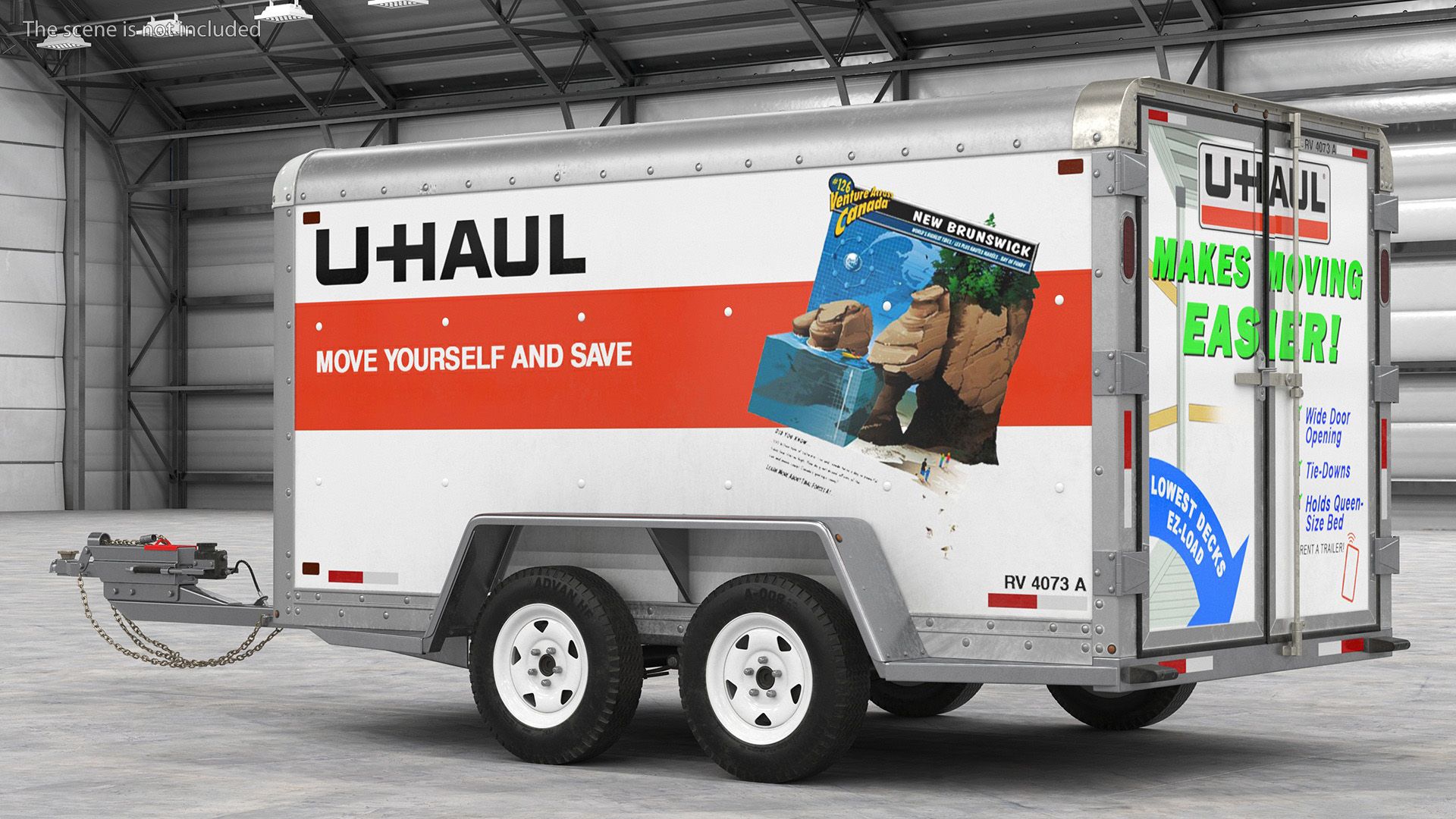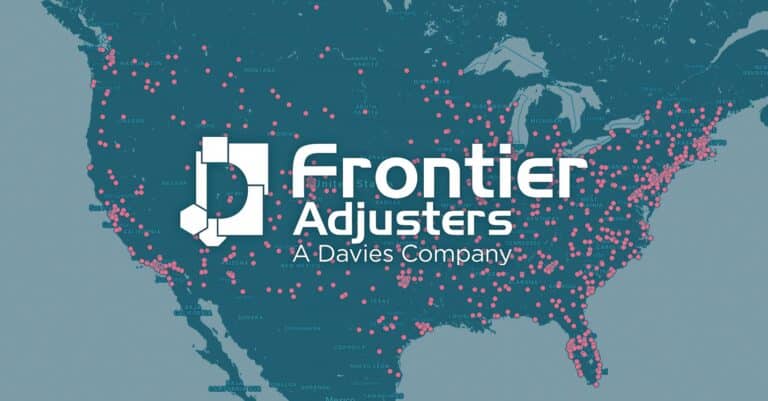U-Haul Franchise FDD, Profits & Costs (2025)

U-Haul is a well-known company specializing in DIY moving and self-storage solutions. Founded in 1945, it has expanded to over 22,000 locations across the U.S. and Canada. Unlike typical franchises, U-Haul operates through a neighborhood dealer program, partnering with small businesses without upfront costs or franchise fees.
This unique approach has contributed to U-Haul’s leadership in the moving and storage industry, emphasizing community service and support. The company enables independent dealers to earn profits by renting U-Haul equipment, offering commissions that can reach up to 22% per transaction.
This model encourages dealers to use their space effectively and contributes to the extensive U-Haul fleet, which includes over 167,000 trucks, 120,000 trailers, and 43,000 towing devices. The U-Haul dealer program is designed to be simple and dealer-friendly, without long-term contracts or the need for large parking areas.
This partnership model is mutually beneficial for small business owners, providing a secondary income stream while leveraging the well-recognized U-Haul brand to draw more customers. U-Haul is currently expanding its dealer network across the U.S. and Canada, with dealers accounting for more than 90% of its locations today.
Initial Investment
How much does it cost to start a U-Haul franchise? U-Haul does not offer franchise opportunities, as all of its locations are company-owned.
Therefore, it is not possible to start a U-Haul franchise, and there is no associated cost for franchising with the company.
For similar moving and storage franchises, however, the initial investment is on average $252,000.
In comparison, for example, Units Moving and Portable Storage (a moving and storage franchise brand) requires an investment upfront of $626,000 up to $1,214,000.
| Investment | Revenue (AUV) | |
|---|---|---|
| Units Moving and Portable Storage | $626,000 – $1,214,000 | $691,000 |
| College Hunks Hauling Junk & Moving | $258,000 – $481,000 | $1,030,000 |
| Pink Zebra Moving | $145,000 – $204,000 | Undisclosed |
Average Revenue (AUV)
How much revenue can you make with a U-Haul franchise? Since U-Haul does not franchise its stores and all locations are company-owned, U-Haul does not publish a Franchise Disclosure Document. Therefore, it does not disclose the average revenue of its stores.
However, a similar moving and storage franchise makes on average $369,000 in revenue (AUV) per year. For example, a Units Moving and Portable Storage franchised business makes on average $691,000 in revenue per year.
| Investment | Revenue (AUV) | |
|---|---|---|
| Units Moving and Portable Storage | $626,000 – $1,214,000 | $691,000 |
| College Hunks Hauling Junk & Moving | $258,000 – $481,000 | $1,030,000 |
| Pink Zebra Moving | $145,000 – $204,000 | Undisclosed |
Frequently Asked Questions
How many U-Haul locations are there?
As of the latest data, U-Haul has over 22,000 locations across the United States and Canada. This extensive network includes both company-owned locations and independent dealers.
What is the total investment required to open a U-Haul franchise?
U-Haul does not offer franchise opportunities and therefore, it is not possible to establish the initial investment to start a U-Haul franchise.
However, the total investment required to open a franchised business similar to the U-Haul franchise ranges from $3,000 to $5,093,000.
What are the ongoing fees for a U-Haul franchise?
Since U-Haul does not offer franchises and all stores are company-owned, the ongoing fees such as royalty fees or advertising fees associated with franchising the brand are not readily available.
Yet, similar franchises in the moving and storage industry charge an average of 8% in royalty fees and 8% in advertising fees ( e.g. Units Moving and Portable Storage).
What are the financial requirements to become a U-Haul franchisee?
All U-Haul locations are company-owned, and the brand does not offer opportunities for independent ownership or franchising. Therefore, it is not possible to meet any financial requirements or apply to become a franchisee with U-Haul.
For retail moving franchises similar to U-Haul, the average minimum net worth requirement typically ranges from $100,000 to $500,000, while the average liquid capital requirement generally falls between $50,000 and $200,000.
These requirements vary based on the franchise brand and market size. However, U-Haul is unique in that it does not impose such financial requirements on its dealers.
How much can a U-Haul franchise owner expect to earn?
Since U-Haul is entirely company-owned and does not operate as a franchise, there is no earning disclosure for a U-Haul franchise.
Now, assuming the average gross sales for a moving franchise similar to a U-Haul franchise of $369,000 per store. And assuming a 15% operating profit margin, $369,000 yearly revenue would result in about $55,350 operating profit per year.
Who owns U-Haul?
U-Haul is owned by AMERCO, a publicly traded holding company. AMERCO owns and operates U-Haul International, which is the primary subsidiary. The company was founded by Leonard Shoen, and it remains a family-influenced business, with members of the Shoen family still holding significant ownership and leadership roles in AMERCO.
Disclaimer
Disclaimer: This content has been made for informational and educational purposes only. SharpSheets is an independent educational resource and is not affiliated with, endorsed by, or representing any franchisor mentioned on this website. Where noted, figures are taken from the franchisor’s Franchise Disclosure Document (FDD). In some cases, we may provide independent calculations or estimates based on publicly available information. We do not make any representation or warranties with respect to the accuracy, applicability, fitness, or completeness of the information presented in the article. You should not construe any such information or other material as legal, tax, investment, financial, or other professional advice. Nothing contained in this article constitutes a solicitation, recommendation, endorsement, advertisement, or offer to buy or sell any franchises, securities, or other financial instruments in this or in any other jurisdiction in which such solicitation or offer would be unlawful under the franchise and/or securities laws of such jurisdiction.
All content in this article is information of a general nature and does not address the detailed circumstances of any particular individual or entity. Nothing in the article constitutes professional and/or financial and/or legal advice, nor does any information in the article constitute a comprehensive or complete statement of the matters discussed or the law relating thereto. You alone assume the sole responsibility of evaluating the merits and risks associated with the use of any information or other content in this article before making any decisions based on such information or other content.



